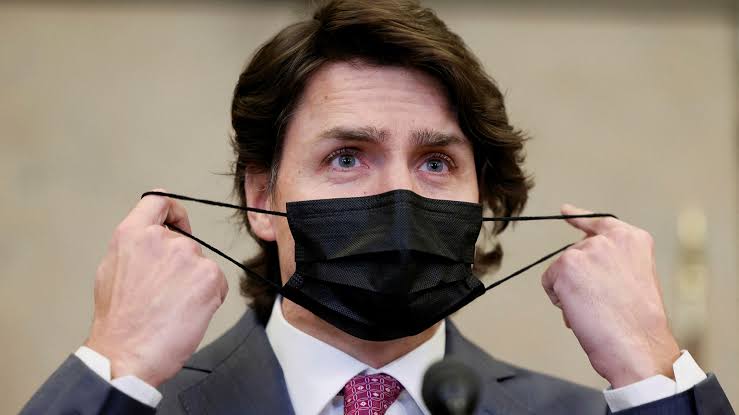(Nigeria) Special Economic Zones coming
According to Osinbajo, the Federal Government and the private sector will collaborate in creating SEZs, starting first with the textile and garments industry, to spur the nation’s economic development.
The Vice-President spoke during an interaction with selected investors in Davos during the World Economic Forum, according to a statement issued in Abuja by Mr Laolu Akande, his Senior Special Assistant on Media and Publicity.
Osinbajo said that “having the right mindset and understanding where we want to go” would affect the implementation, whilst ensuring things got done in the nation’s business environment.
He said private sector-government collaboration had ensured consistency in the implementation of economic policies.
The Vice President said he was optimistic about the forthcoming SEZ for garment manufacturing “because it is specific and is something we can measure very quickly’’.
Osinbajo said that working with investors and allowing them to determine what should be achieved would enable the government to attain set objectives.
He suggested having labs, where issues around effective implementation plans would be intensely discussed with expert participants drawn from the private sector and public sector.
The Vice President said such mechanism would also help ensure the realisation of objectives as those labs would set up the implementation agenda and see it to the end.
Speaking earlier, Sen. Udoma Udoma, the Minister of Budget and National Planning, stressed the advantages for Nigeria to create the SEZ for textile manufacturing.
He cited the country’s lingua franca, political stability and the provision of an enabling environment for the private sector as advantage to investors.
Udoma remarked that confidence was being restored in the heart of the people regarding economic policies.
Mr Okey Enelamah, the Minister for Industry, Trade and Investment, described 2018 as a year of implementation.
Enelamah stressed the need for a continuous active implementation of the ERGP hinged on investment, trade and industrialization with enabling environment across the spheres.
A former World Bank Chief Economist, Prof. Justin Lin, said that the garment and textile industry in Nigeria had huge potential.
He said this was because Nigeria produced cotton, as well as the availability of good locations around the country, including the large domestic and global markets.









.jpeg)
